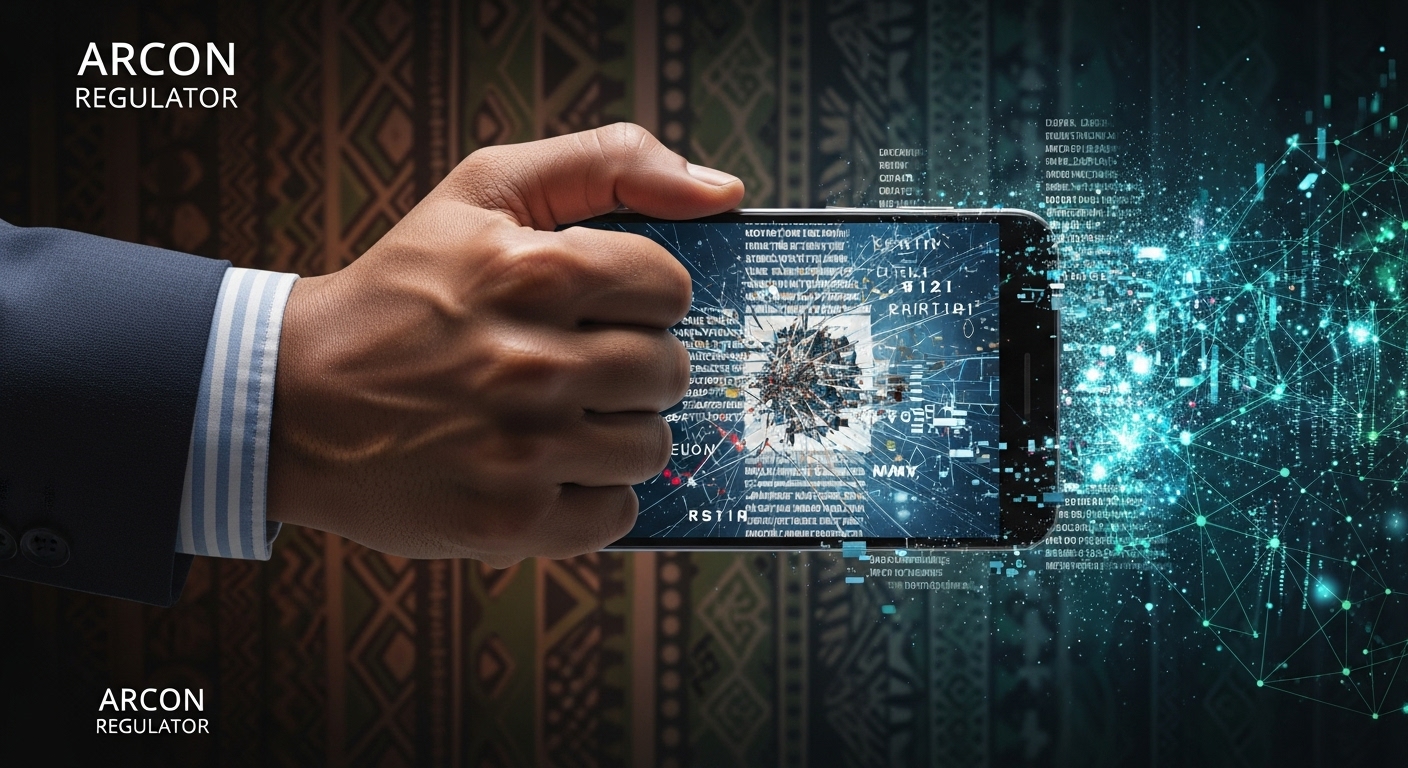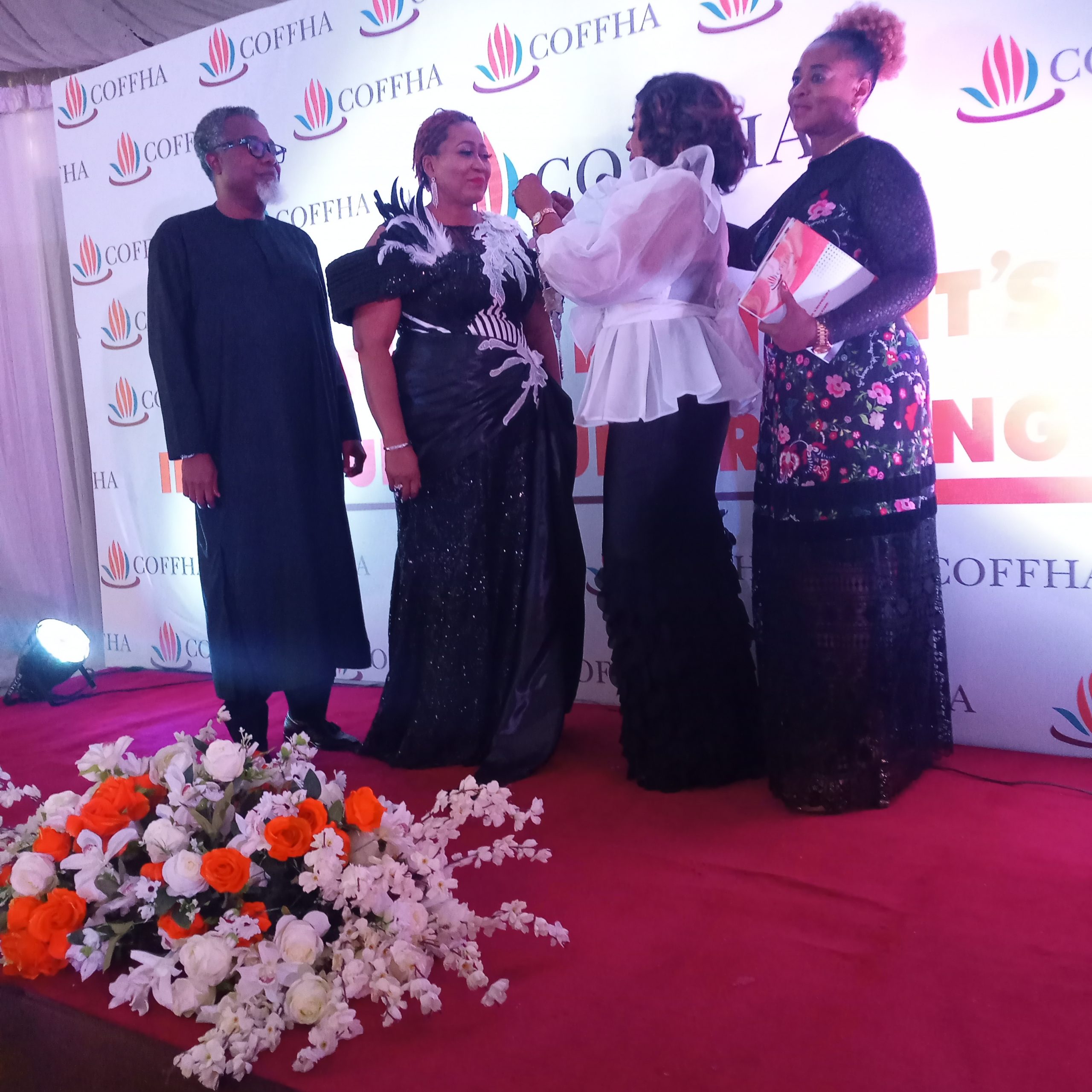A social media controversy broke out this week. It followed an influencer-led campaign for Bokku Supermarket. The campaign faced accusations of pushing tribal stereotypes. This sparked considerable outrage across Nigeria’s digital landscape.
The Advertising Regulatory Council of Nigeria (ARCON) promptly issued an official statement. It condemned the campaign as “unapproved and offensive.” ARCON announced it would pursue legal action against the individual(s) responsible. The Council emphasized one point: Nigerian advertising legislation mandates submission for scrutiny or approval by the Advertising Standards Panel (ASP). This advertisement, disseminated on various social media platforms, was not submitted.
While the episode may appear to be just another internet issue, it raises important concerns. It questions business accountability, influencer marketing ethics, and regulatory supervision in the digital world.
A Crisis Born in the Attention Economy
At its root, the Bokku scandal represents a rising issue in today’s hyper-digital marketing landscape. Brands, agencies, and influencers constantly strive for virality. They chase clicks, conversion, and cultural moments. However, in the pursuit of relevance, they frequently overlook context and cultural sensitivity.
The ad allegedly used tribalistic language. Therefore, many felt outraged. The campaign took advantage of Nigeria’s ethnic variety for commercial gain. Bokku and the entire creative community found themselves embroiled in a damaging public relations nightmare. This happened over an initially “relatable” or “humorous” campaign.
For a country as diverse as Nigeria, advertising that disregards cultural nuance does more than offend. It weakens the social cohesion that corporations should promote.
ARCON’s Response: Enforcement in the Digital Wild West
ARCON reiterated its commitment to safeguarding ethical advertising and public sensibilities in a firm statement issued on October 29, 2025. The Council cautioned that any platform owner, advertiser, or agency that publishes unapproved or discriminatory content will incur penalties.
“The exposure of unapproved and offensive Bokku Supermarket advertisements unlawfully instigates ethnic and sectional prejudice,” said Dr. Olalekan Fadolapo, Director-General of ARCON. “This goes against the Federal Government’s policy of national unity and peaceful co-existence.”
Influencer-driven campaigns frequently evade official review. Consequently, the regulator announced the creation of a special task force. This group will keep tabs on unauthorized digital ads running across social media.
The boundaries between sponsored partnerships, user-generated content, and official advertising continue to blur. Hence, ARCON is taking further steps to establish dominance in the rapidly developing influencer economy.
The Ethical Gap in Influencer Marketing
The Bokku case brings to light another blind hole in Nigerian brand communications: the absence of adequate creative governance when businesses collaborate with influencers.
Many influencers are not subject to the same regulatory frameworks as agencies. As a result, people may plan, execute, and release ads without the brand fully understanding any potential ethical or cultural ramifications.
This occurrence should serve as a moment of reflection for marketers:
- Do influencer briefs specify exactly what is and is not acceptable?
- Are brands reviewing influencer content before it is released?
- Are agencies considering brand safety as much as creative flair?
Without definitive responses, companies risk contracting out their reputation to individuals whose only objective is involvement rather than morality.
A Teachable Moment for the Industry
Beyond the outrage, this scandal should be considered an inflection point for Nigeria’s advertising industry.
It reminds practitioners that ethical duty is not immune from creative freedom. Every campaign—a 15-second TikTok, a YouTube video, or a billboard—has the ability to affect society. It can change perception and either strengthen or weaken social trust.
Nigeria’s variety necessitates a higher level of cultural intelligence. Brands need to realize that representation is a strategic necessity for fostering emotional equity and enduring loyalty. It is not merely a compliance concern.
The Path Forward: Regulation Meets Responsibility
The task for regulators now is to find a balance between new ideas and fair enforcement. ARCON’s push for digital compliance is welcome. However, it needs to grow into a way for brands and artists to collaborate and understand the rules, not just fear them.
Marketers and agencies must look again at their internal review processes now. They should make influencer contracts stronger and spend money on creative training that takes diversity into account.
Finally, it’s a lesson for influencers: being seen without having morals is bad. Reach isn’t the only thing that makes someone influential; respect is too.
Conclusion: Beyond Sanctions, Toward Standards
The Bokku advertisement might eventually diminish in public discourse, but its implications warrant ongoing consideration. This serves as a crucial reminder. The future of Nigerian advertising depends not on more aggressive content, but rather on more intelligent and ethical communication strategies.
As ARCON enhances its digital oversight, industry participants should understand that regulation and creativity can coexist harmoniously. Their collaboration focuses on establishing a credible, inclusive, and globally competitive brand ecosystem.
Ultimately, while virality may diminish over time, core values remain steadfast.
ALSO WATCH MARKETING EDGE ONTV






Comment
No comments found.